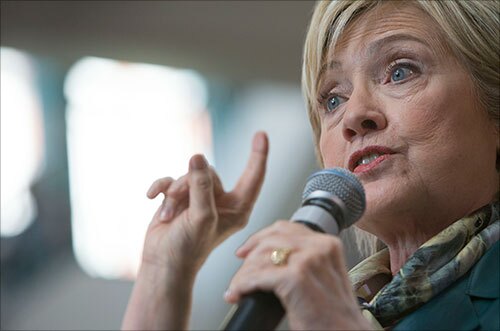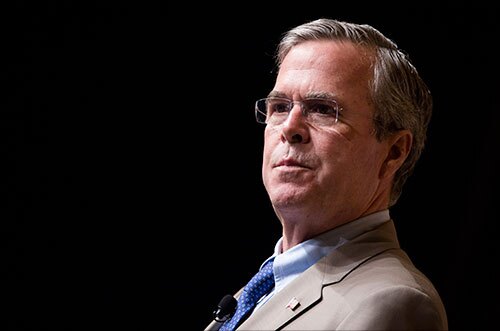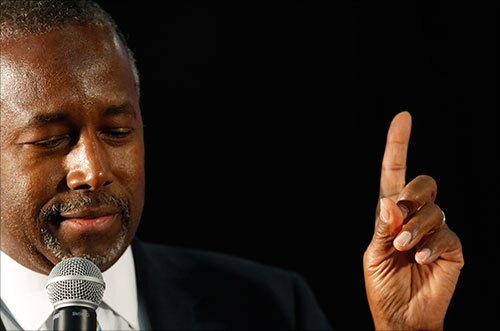

Hillary Clinton

Jeb Bush

Ben Carson

Martin O'Malley

Marco Rubio

Bernie Sanders









Global fintech funding broke $10 billion in the first quarter of 2025 due to increased investment in artificial intelligence and digital asset funding rounds like the $2 billion Binance deal.
As the president's policy changes on a dime, machine learning can quickly alter strategies for compliance, payments and supply-chain management.
In its latest financial stability report, the Federal Reserve found that asset prices continue to exceed underlying fundamentals and leverage levels remain high, especially by hedge funds.
The Consumer Financial Protection Bureau's exit from a suit jointly filed with the New York attorney general's office narrows a major subprime lending case.
Even with its IPO on ice, the Swedish buy now/pay later lender is building a base of high-profile distribution partners.
The acquisition of the $5.7 billion-asset HarborOne Bancorp would be Eastern's third purchase of a Boston-area bank in the last five years.